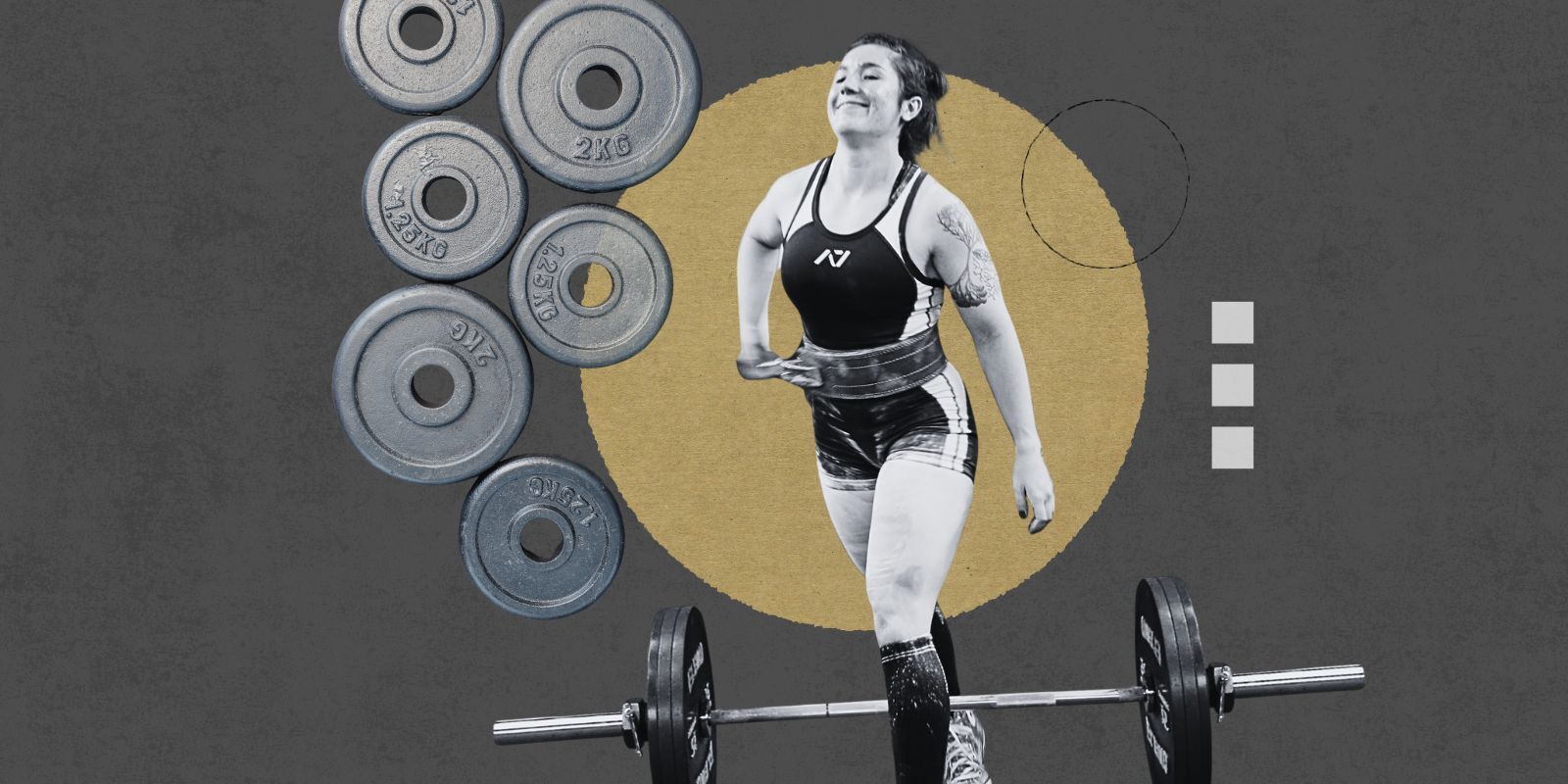With the FDA emergency approval of the COVID-19 vaccine from Pfizer last week and Moderna approval due any day, immunizations against the deadliest pandemic in the past 100 years will begin this week.
Mark Earnest, MD
“I think it is absolutely extraordinary that almost exactly 12 months from when a totally new virus was first identified, we are immunizing people against it,” says Mark Earnest, MD, professor of internal medicine at the University of Colorado School of Medicine and division head of the Division of General Internal Medicine. “To me, that’s just astounding. It really is something to celebrate.”
The initial supply of vaccines will be very limited and states are planning to get the drugs to those who need them most. In Colorado, that includes health care workers, long-term-care-facility staff and residents, firefighters, police officers and workers in home health care and dental settings. That will be followed in the spring by people 65 and older, people with serious health conditions or who are immunocompromised, and people whose jobs find them regularly interacting with the public. The general public will have to wait until summer to get vaccinated.
The School of Medicine asked Earnest some of the most pressing questions about the COVID-19 vaccine.
When will the vaccine be available?
Both manufacturers, Pfizer and Moderna, have said they would begin shipping vaccines within 48 hours after receiving emergency use authorization from the FDA. When the emergency use authorization is approved, trucks are supposed to start rolling. Colorado just received its first shipment of the Pfizer vaccine today.
In communities disproportionately affected by coronavirus, why is especially important for people to get immunized?
It’s a particularly difficult situation in the communities where you’ve got multigenerational households or you have people who are considered essential workers at risk. They are out in the community, but if they come home they’re living with elderly parents or grandparents. Those are the places where people have been disproportionately affected in terms of getting infections. In many cases, there’s a higher prevalence of pre-existing conditions in those communities, and also less access to quality health care when they do get infected. So for all those reasons, those communities need to be priorities in terms of getting vaccinated.
When will children be able to get the vaccine?
The vaccine trials did not include children, for the most part. Some of the trials have been modified so that children will be tested, but until there’s data showing it’s safe and effective for children, I don’t think they’re going to be in the queue to be immunized.
Should you get the vaccine if you’ve already had COVID-19?
I think that’s still an open question. I don’t think we know how completely protective a COVID infection is, and it is clear that there’s variability in terms of the immune response people have to the infection. I think it’s still too early to tell whether having had COVID is protective enough that you would not be immunized.
Is the vaccine still effective in people who have had the disease?
I don’t think we have any reason to think that somebody who had COVID wouldn’t derive some benefit from getting immunized.
Is there anyone who shouldn’t get the vaccine?
There’s been a question raised about people who have had severe anaphylactic-type allergic responses. There were two severe reactions in Britain, and they’ve put out a black box warning saying people who have a history of anaphylactic reactions should not be immunized. We’re going to have to keep watch. But to my knowledge, that’s the only group so far for which there’s been any kind of warning raised.
Is that common, that there would be a small number of people who would have an adverse reaction?
In almost any injectable therapy, there is a certain baseline rate of allergic responses. And with a vaccine, your goal is to get the immune system excited, so you would anticipate that a small subset of people might have allergic responses.
Are there any more common side effects?
Not much different than somebody would experience getting a flu shot or a tetanus shot. This may include a sore arm, feeling a little achy the next day, that kind of thing.
Are there any allergies that would make people more susceptible to a bad reaction to the vaccine?
Not to my knowledge. Some vaccines in the past have been made using eggs and things like that, where those allergies carry over, but particularly these first two, the Pfizer and Moderna, are completely new vaccine technologies. They don’t have any of those kinds of proteins or anything in them that have been historically what people respond to.
Once you get the vaccine, does that mean you can no longer get COVID-19 or spread it to others?
What we do know is that in the period of time that the trials were done, which was a period of a few months — and this is what’s been reported both in Moderna and Pfizer — that nobody who got the vaccines, to my understanding, was hospitalized or had a severe course of the illness. A very small number of people who were vaccinated did test positive for coronavirus, but they were either asymptomatic or had very mild infections. Now, how long that lasts we don’t know. Whether you need to be re-immunized at a year or whether that’s more durable, there are still a lot of questions that will need to be answered.
Do you still have to wear a mask once you’ve had the vaccine?
My understanding is that there was at least a subset of people who were immunized who did acquire COVID and would have been capable of infecting somebody else. It’s not like a force field that completely takes people out of circulation to spread the disease. It does look like the vaccine is pretty effective at keeping people from getting really sick, but I think we’re going to have to have a norm of wearing masks for several more months.
How does the vaccine contribute to herd immunity?
At the point where somewhere between 60 percent and 70 percent of the population are immune, you can predict that the spread of the virus will drop dramatically. It’s not like it falls off a cliff — as more and more people are immunized, we’ll see a decrease in the rate of infection, particularly if the immunizations are targeted where the majority of the case transmission occurs. We see lots of outbreaks in congregant-living situations and places where people work in really close proximity and it’s hard to socially distance. The goal is to get to that 60 to 70 percent with immunity, and that’s probably the point where we can return to life as normal.
Are you surprised at the number of people who say they won’t get the vaccine? Some estimates say that up to 50 percent of Americans won’t get vaccinated.
I am a little surprised. It’s been a strange year, and a lot of things have been politicized. My guess is when people are really given a choice between being protected by this and taking one step back toward life as normal or not, that we’re going to see a lot of people changing their minds. I think there will be a lot of momentum as the vaccine becomes more available and we see more and more people getting immunized and being protected. I think you’ll see the hesitancy around vaccines start to decline.
→ Learn about additional details of the COVID-19 vaccine from our partners at UCHealth.




